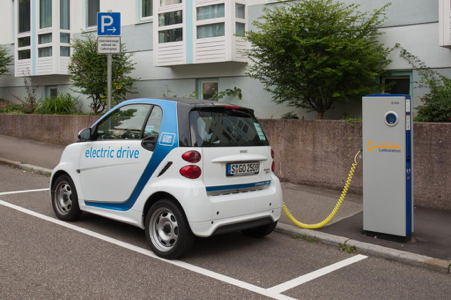Although subdued as a result of Covid-19, demand for battery metals, including cobalt, lithium and copper, will remain strong as a result of growth in the global electric vehicles (EVs) market, business intelligence company CRU UK cobalt, lithium and battery markets senior analyst George Heppel.
Speaking during a virtual DRC Mining Week webinar, titled ‘Which commodities are showing more resilience amid Covid-19 and why?’, on June 18, he said the prospect of an e-mobility transition had not diminished during the Covid-19 pandemic.
“There was a lot of concern when Covid-19 first hit in terms of what the future would hold for the e-mobility transition,” said Heppel, adding that questions were raised throughout the industry as to whether EV demand would slow or remain steady.
“To my mind there were a lot of reasons why it could be slowed down.”
He attributed a potential slowing in demand for EVs to a potential very large increase in consumer debt across many major economies as a result of Covid-19 pandemic and the subsequent increase in unemployment, which was expected to decrease appetite for EVs.
However, Heppel pointed out that, interestingly, although the automotive market as a whole had been hit hard by Covid-19, the EV sector had actually had a few good months, all things considered.
He highlighted that although many European countries had already been in a lockdown, first-quarter EV sales in Europe had been the highest on record.
In April, the European automotive sector was down 78% year-on-year. However, demand for plug-in EVs was only 16% lower. “This is astonishing when you consider that a lot of people would not have been able to leave their house, let alone visit dealerships to buy cars,” stated Heppel.
“Obviously a lot of this is owing to pent-up demand and deliveries from Tesla and the like,” he said. However, not all the demand can be attributed to pent-up demand and increased EV deliveries, with a significant portion of demand the result of subsidy policies.
Automotive depression
“We have been seeing a lot of original-equipment manufacturers being in major financial difficulties because of the massive drop in vehicle sales over the past few months. This had the potential for them to de-prioritise the EV transition because a lot of them have earmarked billions of dollars for EVs and that capital could be better spent elsewhere to keep their balance sheets strong through the pandemic,” noted Heppel.
In addition, he pointed out that more issues arose around government debt, and that this had the potential to further strain EV demand.
“A lot of these furlough schemes worldwide are extremely expensive to maintain and this leads to fear that governments might cancel subsidy schemes for EVs, or at least decrease them.”
In general, CRU expects the global automotive market to decline by 20% this year, to its lowest level since the financial crisis of 2008.
“China might exhibit about 10% decline, but we do expect this to bounce back in 2021,” said Heppel, adding that CRU expects automotive sales to return to a “decent level”, but not the same level as experienced in 2019 for a few years.
Credit: miningweekly.com










